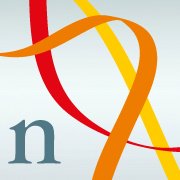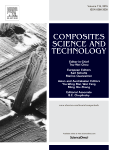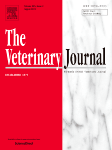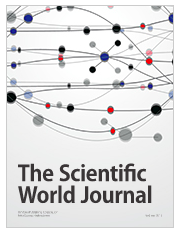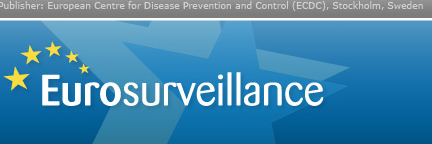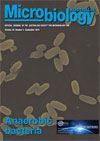 A paper on schistosomiasis, a tropical disease spread by parasitic worms that live in freshwater snails, has been pulled because of an “irresolvable authorship dispute.”
A paper on schistosomiasis, a tropical disease spread by parasitic worms that live in freshwater snails, has been pulled because of an “irresolvable authorship dispute.”
Microbiology Australia published the retraction earlier this month in an agreement with the editors and the authors. Unfortunately, the notice doesn’t provide many details and that’s pretty much all we know.
Here’s the notice in full:
Continue reading “Irresolvable authorship dispute” leads to retraction of tropical disease paper
